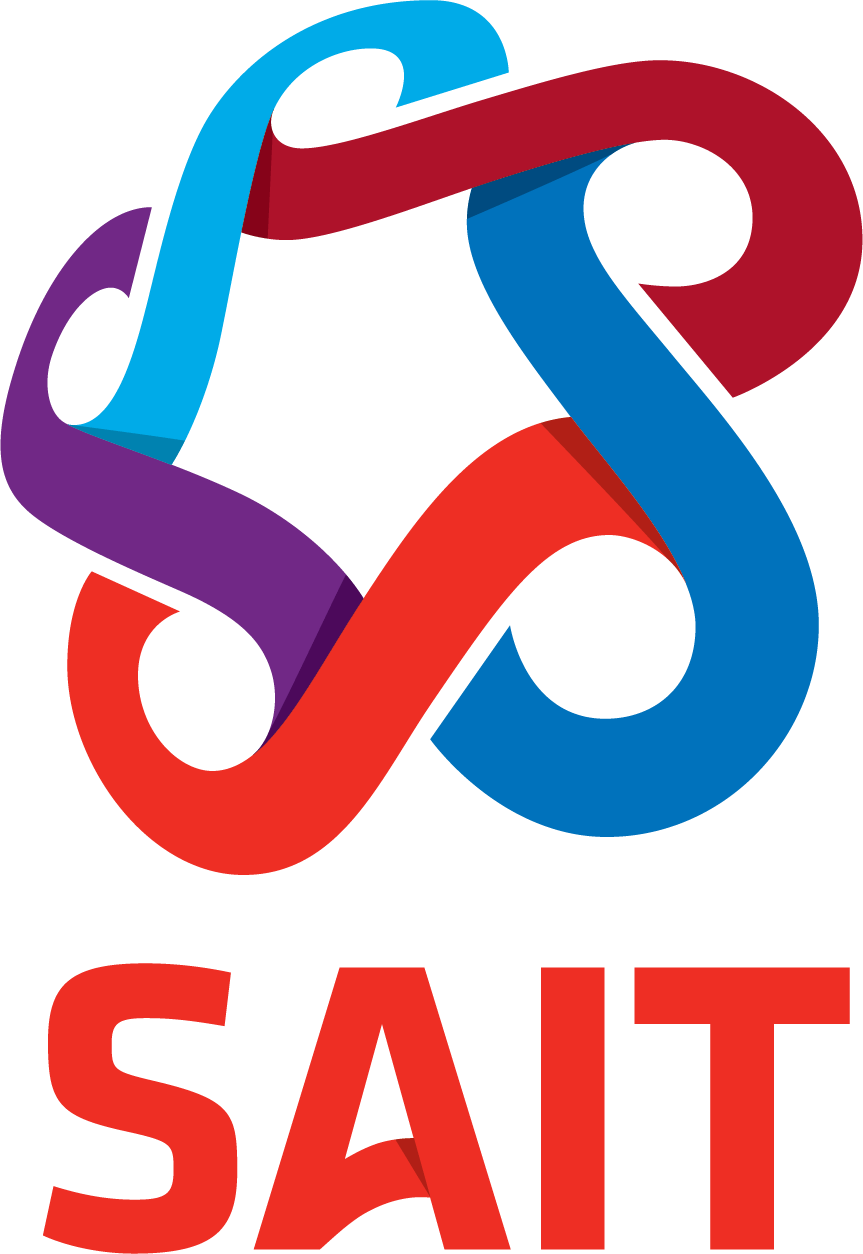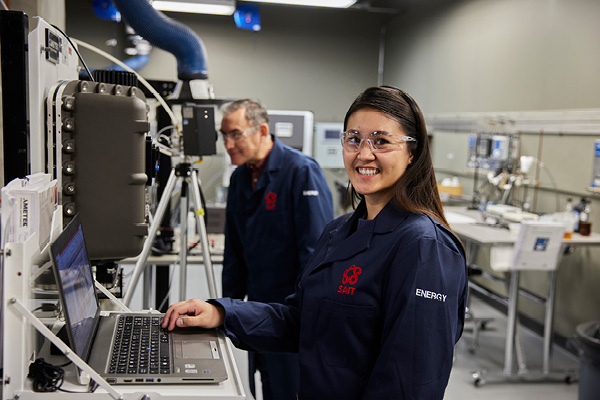Course Info
Train to be an instrumentation technologist, studying control system design and computer-based processes for work in a wide range of industries, including oil and gas refining and petrochemical processing.
Instrumentation Engineering Technology provides students with sound theoretical and practical training in the operation and maintenance of automated process control and measurement systems used in the production of various commodities.
Instrumentation technologists use electronic test equipment to install, troubleshoot, calibrate, maintain and repair electrical/electronic measurement and control instruments. Students will learn about pneumatic devices, control valves, electronic instruments, digital logic devices, computer-based process controls and control system design.
Students also become well versed in personal computer applications in instrumentation, process control systems design, Fieldbus™ SCADA, PLC, distributed control system design and interfacing of industrial microcomputer control systems with real processes. Modern laboratory facilities include pilot-scale versions of processes found in various industries and a fully equipped control room.
The Instrumentation Engineering Technology program is currently only offered full-time. Each academic year consists of two 15-week semesters and students generally take two years to complete the program.
Is this the right fit for me?
The Instrumentation Engineering Technology program (IIET) requires an interest and aptitude for math, science and computers. The foundation that you have developed in these areas through previous education and experience will be further enhanced through courses that include lecture and laboratory components.
Contact time with instructors in lectures and labs is thirty hours per week. The average student is expected to spend about an additional 25 hours per week on assignments, studying and projects.
A career in Instrumentation Engineering Technology typically includes both office and fieldwork. Depending on someone’s particular career path, the proportion of office and field exposure can vary significantly.
In the IIET program, students are exposed to lab work that simulates field activities. This includes using machinery and hand tools to assemble, calibrate and troubleshoot industrial instrumentation components, following safety requirements including the use of personal protective equipment like safety glasses and footwear.
Some of the subject areas that are a focus of the program include:
Industrial process analysis
Process instruments
Analytical instruments
Control and safety systems
In the industry, instrumentation practitioners will often work in teams of various sizes. In the IIET program, many courses require working in teams for projects or lab assignments.
We invite you to reflect on the following questions:
Do I enjoy working in a team environment?
Am I a good communicator? (I have strong English language skills and can write clearly and concisely.)
Am I a self-starter who likes to think critically through problems and challenges?
Am I adaptable?
The IIET program is designed to provide teaching, or the delivery of information to students, at the beginning of the program, but evolves to more of a coaching role, where students learn more independently. This requires students to take more initiative and responsibility for their learning, with instructors available as a resource, as they progress through the program.
Students will have to secure their own job after graduation. Assistance is available on resumé writing and interviewing for a position. Networking opportunities with industry are available through the program. Students are encouraged to be active in their student club, to develop the soft skills that are important to a successful career and to access additional opportunities to network with industry.
Accreditation
Technology Accreditation Canada (TAC) nationally accredits the Instrumentation Engineering Technology program at the Engineering Technologist level.
Students are eligible for membership in the Association of Science and Engineering Technology Professionals in Alberta (ASET) and the International Society of Automation (ISA).
Credentials
After successfully completing this program, graduates will receive a SAIT diploma in Instrumentation Engineering Technology.
Graduates can pursue job opportunities in a variety of sectors, including power production, processing, transportation, fertilizer production, pulp and paper, wood processing, food processing, mining and manufacturing. Potential positions include:
instrumentation technologist
engineering design
instrumentation sales
industrial processing
Related careers include:
oil and gas refining
petrochemical processing
Diploma
Based on course availibility
Open
January, May, September
Grade 12th English 60% required. Grade 12th Mathematics 60% required. 60% in Grade12th Physics & Chemistry.
IELTS: Overall 6.0 band no less than 6.0 band TOFEL: PTE: N/A
2 Years
CAD$ 19583.90
*Price shown is for indicative purpose, please check with institution
SAIT takes conditional applications on the basis of IELTS Date Confirmation & Last Academic Pending Marksheet
Calgary
Here are some scholarship that are available at The Southern Alberta Institute of Technology - SAIT.
Combined Adrienne Marshall English Scholarship and Barry Marshall Science Scholarship
Tuition Fee Scholarship
For further details, please contact the university website.
- Be students at the Beijing Huija Private School;
- meet all entry requirements normally applied to the English Language Bridging course and the Bachelor of Science1 course;
- not be Australian citizens or permanent residents of Australia; and
- be liable for international full fees.
All international
Combined Adrienne Marshall English Scholarship and Barry Marshall Science Scholarship
Tuition Fee Scholarship
For further details, please contact the university website.
- Be students at the Beijing Huija Private School;
- meet all entry requirements normally applied to the English Language Bridging course and the Bachelor of Science1 course;
- not be Australian citizens or permanent residents of Australia; and
- be liable for international full fees.
All international


